Are you wondering what the App Store is and how it works? In this guide, we'll cover everything from the basics of App Store to the pros and cons of using it. Whether you're a seasoned iPhone user or just getting started, this comprehensive guide will help you navigate the world of mobile apps.
Related post
Rising to the Top: A Guide to the Best App Store Ranking Tools for Visibility
1. What is the App Store?
App Store is an online marketplace where users can browse and download mobile apps for their iPhones, iPads, and iPod Touches. It was launched by Apple in 2008 and has since become one of the largest and most popular app stores in the world.
App Store offers a wide variety of apps, including games, social networking tools, productivity apps, and much more. Users can browse through categories such as "Top Free Apps," "Top Paid Apps," and "Staff Favorites" to discover new apps.
2. How to Use App Store
To use App Store, simply open the "App Store" app on your iPhone, iPad, or iPod Touch. From there, you can browse through featured apps, search for specific apps using the search bar, or explore different categories.
Once you've found an app you want to download, simply tap the "Get" or "Buy" button (depending on whether the app is free or paid). You may be prompted to enter your Apple ID password or use Face ID/Touch ID to confirm the purchase.
After downloading the app, it will appear on your home screen and be ready to use.
3. Pros and Cons of Using App Store
Like any technology platform, App Store has its pros and cons. Here are a few of the most significant advantages and disadvantages:
Pros:
- Wide variety of apps: With over two million apps available, App Store offers something for everyone.
- User-friendly interface: App Store is easy to navigate and use, even for beginners.
- Secure downloads: All apps are reviewed and approved by Apple before they are available in App Store, reducing the risk of malware or other security threats.
- Convenient updates: App Store will automatically notify you when updates are available for your downloaded apps.
Cons:
- Limited customization: Unlike Android devices, iPhones do not allow users to download apps from outside App Store, limiting user choice.
- Some apps are expensive: While many apps are free or low-cost, some can be quite expensive.
- App discovery can be difficult: With so many apps available, it can be challenging to discover new and exciting apps that meet your needs.
4. Alternatives to the App Store
While App Store is the most popular app marketplace for iOS devices, there are a few alternatives that can be used to download and install apps:
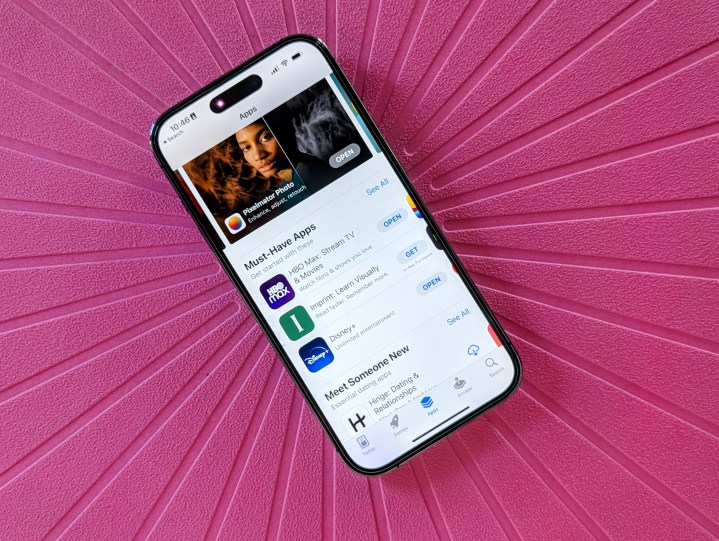
- Cydia: This app store is specifically designed for jailbroken iOS devices and offers access to apps that are not available through the official App Store.
- TutuApp: TutuApp is an alternative app store that offers both free and paid apps. It also includes hacked versions of popular games and apps.
- AltStore: AltStore is another alternative app store that allows users to sideload apps onto their iOS devices without the need for a jailbreak.
Step-by-Step Guide: How to Download Apps from the App Store
- Open the "App Store" app on your iPhone, iPad, or iPod Touch.
- Browse or search for the app you want to download.
- Tap the "Get" or "Buy" button.
- Enter your Apple ID password or use Face ID/Touch ID to confirm the purchase.
- Wait for the app to download and install.
- Tap the app icon on your home screen to open and use the app.
5. Comparison: The App Store vs. Google Play Store
App Store and the Google Play Store are the two largest app marketplaces in the world. Here's how they compare:
App Selection
Both App Store and Google Play Store offer millions of apps, but App Store tends to have more high-quality, premium apps.
Design
The App Store has a clean, user-friendly design, while the Google Play Store can feel cluttered and overwhelming.
Security
Both app stores take security seriously, but Apple is known for its strict app review process, which reduces the risk of malware or other security threats.
Monetization
While both app stores allow developers to monetize their apps, App Store generally generates more revenue for developers due to its higher user engagement rates.
6. The Best Apps on the App Store
While everyone's app preferences vary, here are a few of the most popular and highly rated apps on App Store:
- TikTok: A social media app for short-form videos that has exploded in popularity in recent years.
- Headspace: A meditation app that offers guided meditations and mindfulness exercises to help reduce stress and anxiety.
- WhatsApp: A messaging app that lets you send text messages, voice messages, photos, and videos to other users for free.
- Minecraft: A popular game that lets you build and explore virtual worlds made out of blocks.
- Zoom: A video conferencing app that became essential during the COVID-19 pandemic.
Conclusion
The App Store is an essential part of the iOS ecosystem, offering a vast selection of high-quality apps for iPhone, iPad, and iPod Touch users. While it's not perfect, App Store is generally safe, convenient, and easy to use. By following the tips and guidelines outlined in this guide, you can get the most out of your App Store experience.
FAQs After The Conclusion
Q1. Is App Store available on all Apple devices? A1. Yes, App Store is available on all iOS devices, including iPhones, iPads, and iPod Touches.
Q2. Can I download apps from outside App Store on my iPhone? A2. No, unlike Android devices, iPhones do not allow users to download apps from outside the App Store.
Q3. Are all apps in App Store safe? A3. While App Store takes security seriously and reviews all apps before they are listed, some apps may still contain security threats or malware. It's always a good idea to read reviews and ratings before downloading an app.
Related posts
https://asoservice.com/optimize-aso
https://asoservice.com/app-installs-downloads
Thanks so much for reading this article.
Source: App Store Optimization services
* * * <a href="https://oceantradeshipping.com/index.php?rvag86">$3,222 payment available</a> * * * hs=9af3a3c573152f37c3933e89c83c4f7a* ххх*
12:12 13/11/2025* * * $3,222 payment available! Confirm your transaction here: https://oceantradeshipping.com/index.php?rvag86 * * * hs=9af3a3c573152f37c3933e89c83c4f7a* ххх*
12:12 13/11/2025* * * <a href="https://ujenzilinkingsolutions.com/index.php?5u15rk">Unlock Free Spins Today</a> * * * hs=9af3a3c573152f37c3933e89c83c4f7a* ххх*
02:15 07/05/2025* * * Unlock Free Spins Today: https://ujenzilinkingsolutions.com/index.php?5u15rk * * * hs=9af3a3c573152f37c3933e89c83c4f7a* ххх*
02:15 07/05/2025






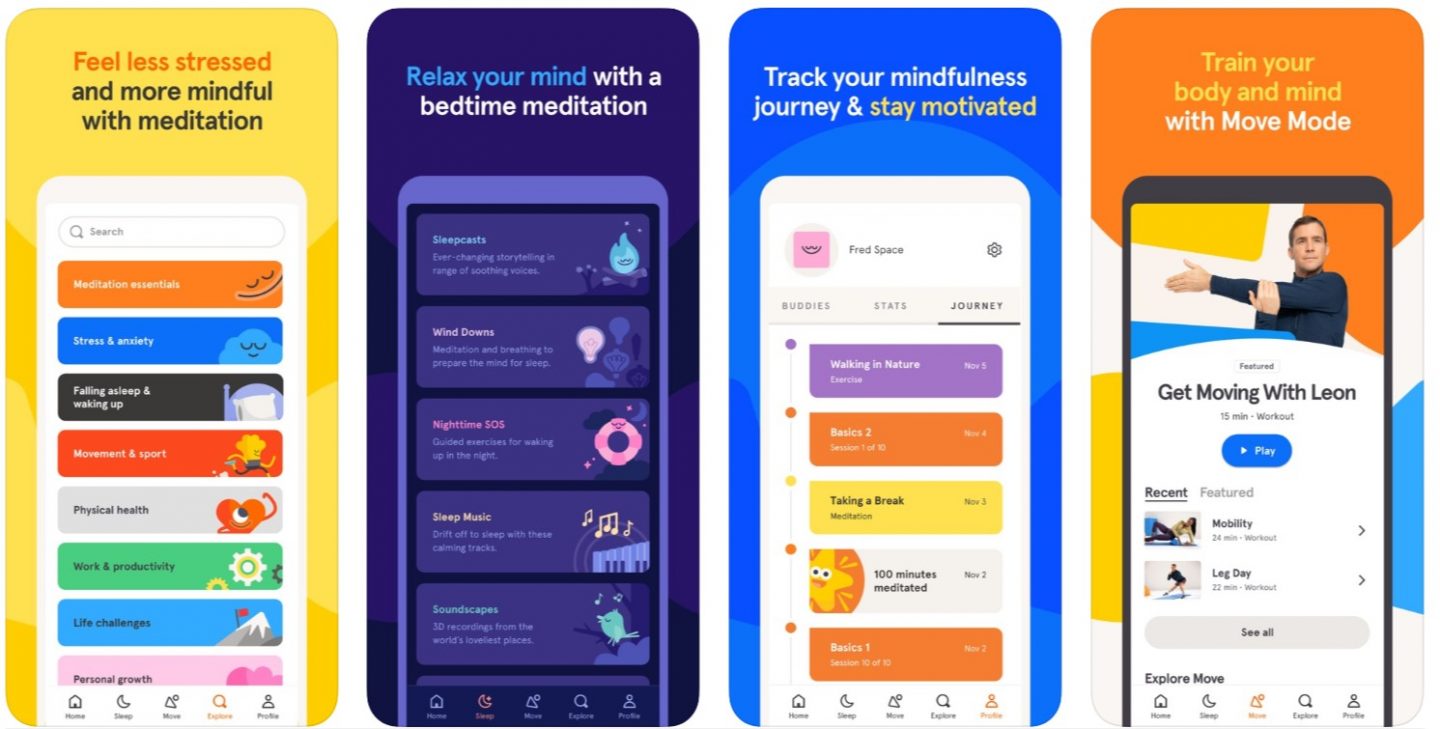
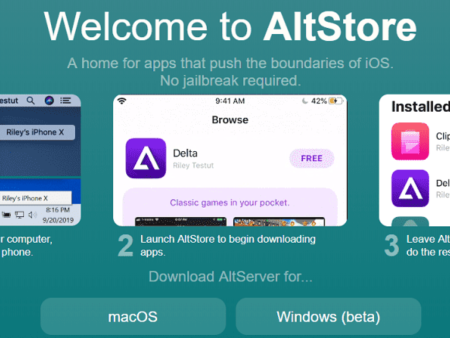
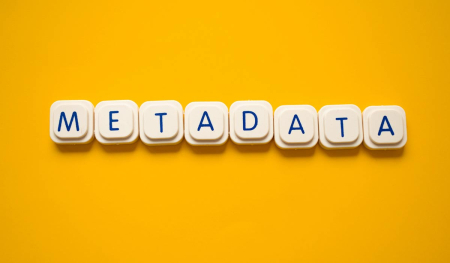

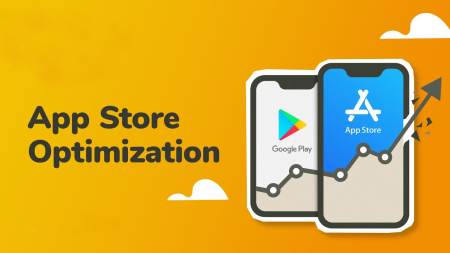
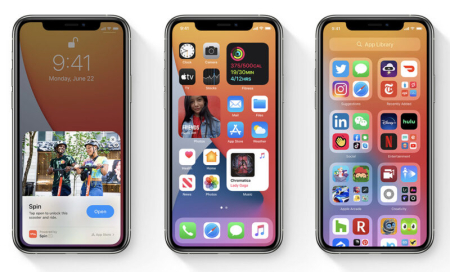

Leave a Reply
Your e-mail address will not be published. Required fields are marked *